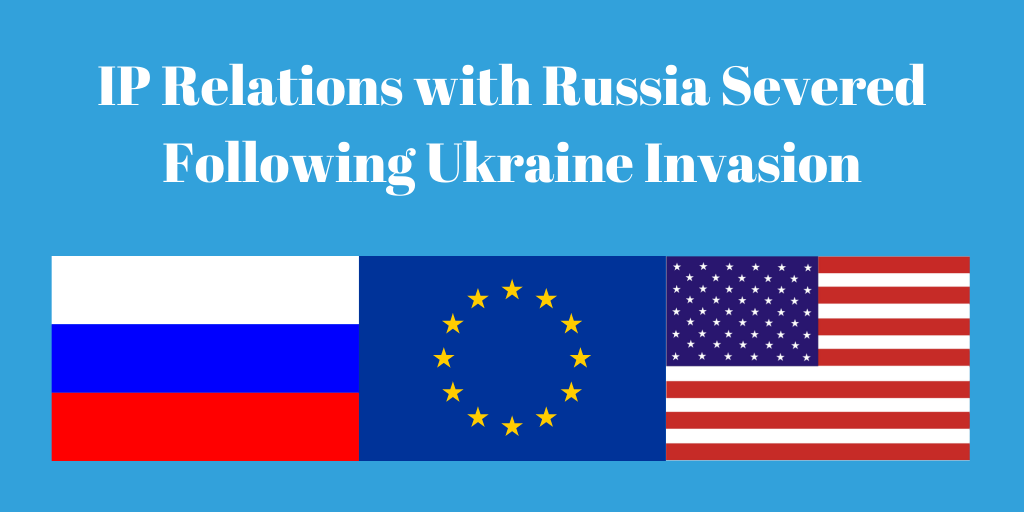Is a new strategy for patent infringement emerging?
Big companies always have legal matters to deal with. Amazon, the famous online shopping platform has been hit with another patent infringement lawsuit. However, the latest lawsuit differs from regular patent infringement suits and involves more than your ordinary litigants.
Who are the parties?
In this case, the St. Regis Mohawk tribe are the plaintiffs who filed a patent infringement lawsuit against Amazon. They allege that Amazon infringed on various patents that were transferred to them by SRC Labs, LLC. (To read their complaint, click here). Why is the transfer significant? For starters, having a Native American Tribe bring suit can potentially affect what tools Amazon can use. Native American litigants can potentially can assert sovereign immunity to bar inter partes review, which is a vital tool in patent infringement suits.
Why is inter partes review a vital tool?
Inter partes review is a proceeding conducted by the Patent Trial and Appeal Board (“PTAB”), which is an administration that specializes in patent related matters. Determining whether a patent is valid is critical since a party can only bring an infringement suit if the patent is valid. But why would inter partes review be preferable over litigation? For starters, litigation will easily cost the litigants millions of dollars. However, inter partes review is less expensive and the patent’s validity can be evaluated without going to trial. This would save the parties a lot of time and money. Saving time and money is vital when you are a large company that is constantly being bombarded with lawsuits.
Similar suits, the Allegran deal
This is not the first time that that the St. Regis Mohawk tribe have brought patent infringement suits relating to patents that were transferred to them. Allegran, a multi-national pharmaceutical company, had recently transferred their patents on the Restasis drug to the St. Regis Mohawk tribe. The patents were then licensed back to Allegran in exchange for monetary compensation. This allowed Allegran to retain the benefits of using the patents while also gaining the ability to potentially preclude inter partes review.
Other reasons why inter partes review is vital to big companies.
Inter partes review is extremely useful against patent trolls, making it an important tool to big companies like Amazon. Big companies are constantly getting sued by patent trolls for patent infringement. However, as mentioned earlier, inter partes review can potentially prevent patent litigation by invalidating the patent at issue. Thus, instead of constantly having to fight it out with patent trolls in court and spend millions, big companies can just use inter partes review to invalidate a patent troll’s patent and stop them in their tracks.
What are patent trolls?
Patent trolls (also known as patent assertion entities) are businesses that do not provide any goods or services, but instead solely derive their revenue from suing others with the patents they acquire. Recently however, there is a new breed of patent trolls called IPR trolls (IPR is an acronym for inter partes review). IPR trolls differ from regular patent trolls since they utilize inter partes review to challenge already issued patents. Although IPR trolls may not succeed in invalidating patents, their conduct of challenging patents can reduce the stock value of companies that depend heavily on their patents, such as pharmaceutical companies.
To read more about IPR trolls, click here.
What are the consequences if patent trolls begin transferring their patents to Native American Tribes?
In my opinion, there may be adverse consequences if patent trolls begin to routinely transfer their patents to Native American parties. Patent trolls would be able to basically preclude inter partes review by simply transferring their patents to parties that can raise sovereign immunity. If patent trolls were to capitalize on this crafty method, it could strip big companies of a vital tool to use against patent trolls and multiple infringement suits.
Allowing parties to transfer their patents to preclude inter partes review will also have negative side effects on the standards of patents as well. Inter partes review helps weed out and invalidate questionable patents. There will be less incentives to draft patents that can withstand inter partes review if parties can simply bypass review by transferring the patent to another party.
Are these kinds of transfers likely to become the norm?
It’s hard to tell at this point, but in my opinion, transferring patents to preclude inter partes review will most likely not become the norm. Although there have been instances of companies transferring patents for the sole purpose of preventing inter partes review, Congress and the courts will not stand idly by and let parties bypass do as they please.
Do you think that Amazon will prevail or do you think that the St. Regis Mohawk Tribe will come out on top?
Do you agree with what companies are doing to preclude Inter Partes Review?
Leave a comment below and tell us what you think!
Interested in more patent related material? Here’s a video about patentability!
Get Started Today!
Does this article interest you? Subscribe to the LoTempio Law email newsletter to receive posts and updates just like this conveniently in your email box!
If you’ve enjoyed this blog post, we have lots more where this came from, including an Inventors Guide Video Series where we help you turn your good idea into a profitable invention, and tons of other great content. Simply enter your email address and hit sign up and you’ll get everything, including blog posts like these, conveniently in your email box!
Have any questions? Give us a call at 1-800-866-0039. Consultations are FREE.
Disclaimer: This article is not intended to be legal advice and is meant to be for educational or entertainment purposes only. Please do not use the article or contents of the article without permission. For legal advice and questions, please contact registered Patent Attorney Vincent LoTempio.




